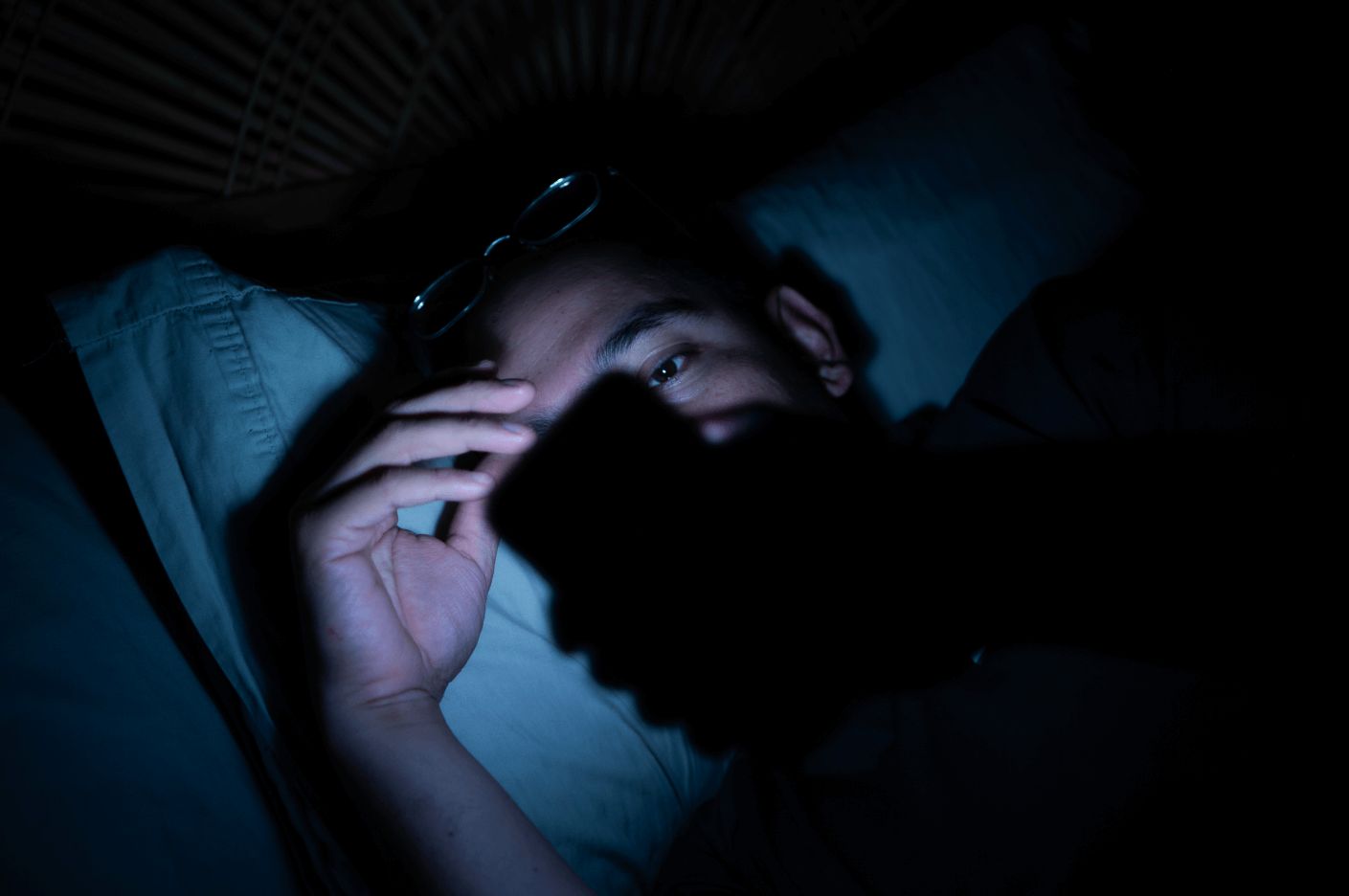- Thriving Guide
- Posts
- How to Overcome Revenge Sleep Procrastination
How to Overcome Revenge Sleep Procrastination
Simple habits and expert advice to help you reclaim your nights and get the rest you need.

Revenge bedtime procrastination, a term coined in 2020, describes staying up late to reclaim personal time at the expense of sleep. This habit often stems from the feeling that the day’s responsibilities leave little room for relaxation or enjoyment. If you find yourself endlessly scrolling or streaming into the night, these expert-backed tips can help you break the cycle and get better rest.
1. Identify the Root Cause
Revenge sleep procrastination often stems from a need for control or downtime, says Helena Rempala, PhD, a psychologist at The Ohio State University Wexner Medical Center. Long work hours and high stress can make the evening feel like the only personal time available.
Sometimes, delaying sleep is a way to avoid restlessness or anxiety, adds James Rowley, MD, a sleep medicine expert at Rush University Medical Center. If anxiety drives your late-night habits, addressing these feelings during the day through journaling, therapy, or stress management techniques can reduce the urge to stay up past your bedtime.
2. Create a Consistent Routine
A structured routine for going to bed and waking up is one of the most effective ways to improve sleep quality. “At night, this may include reading, journaling, taking a warm shower, or light stretching,” suggests Rowley. A predictable pre-bed ritual signals to your body and mind that it’s time to relax.
3. Watch What You Eat and Drink
Evening choices can impact how easily you fall asleep. Experts recommend:
Avoiding caffeine after lunch to prevent overstimulation.
Skipping alcohol near bedtime, as it can disrupt sleep cycles.
Avoiding heavy or large meals late at night.
Research also suggests keeping intense exercise to earlier in the day—at least four hours before bedtime since late workouts can delay sleep onset.
4. Limit Screen Time
Screens are a major culprit in revenge bedtime procrastination. The “just one more episode” or “ten more minutes on TikTok” cycle can keep you awake for hours.
Set a “tech curfew” an hour before bed. Turn off notifications and charge your devices outside the bedroom to resist the temptation to check them.
5. Optimize Your Sleep Environment
A calm and comfortable bedroom can help signal bedtime to your brain. Rowley suggests:
Keeping the room cool, dark, and quiet.
Using blackout curtains or a white noise machine.
Minimizing clutter or distractions that might stress you out.
When to Seek Professional Help
If you’ve tried these strategies and still struggle to get enough rest, consider consulting a healthcare provider. Poor sleep can have serious health effects, including impaired mental and physical function. Most adults need 7 to 8 hours of sleep each night to feel their best.
Key Takeaways
Revenge sleep procrastination is common, but with mindful routines, limited screen time, and a restful environment, you can reclaim your sleep schedule. If your fatigue persists or worsens, a sleep specialist can help identify underlying issues.
Share this article or subscribe to our newsletter for more tips on living a healthier, more restful life.